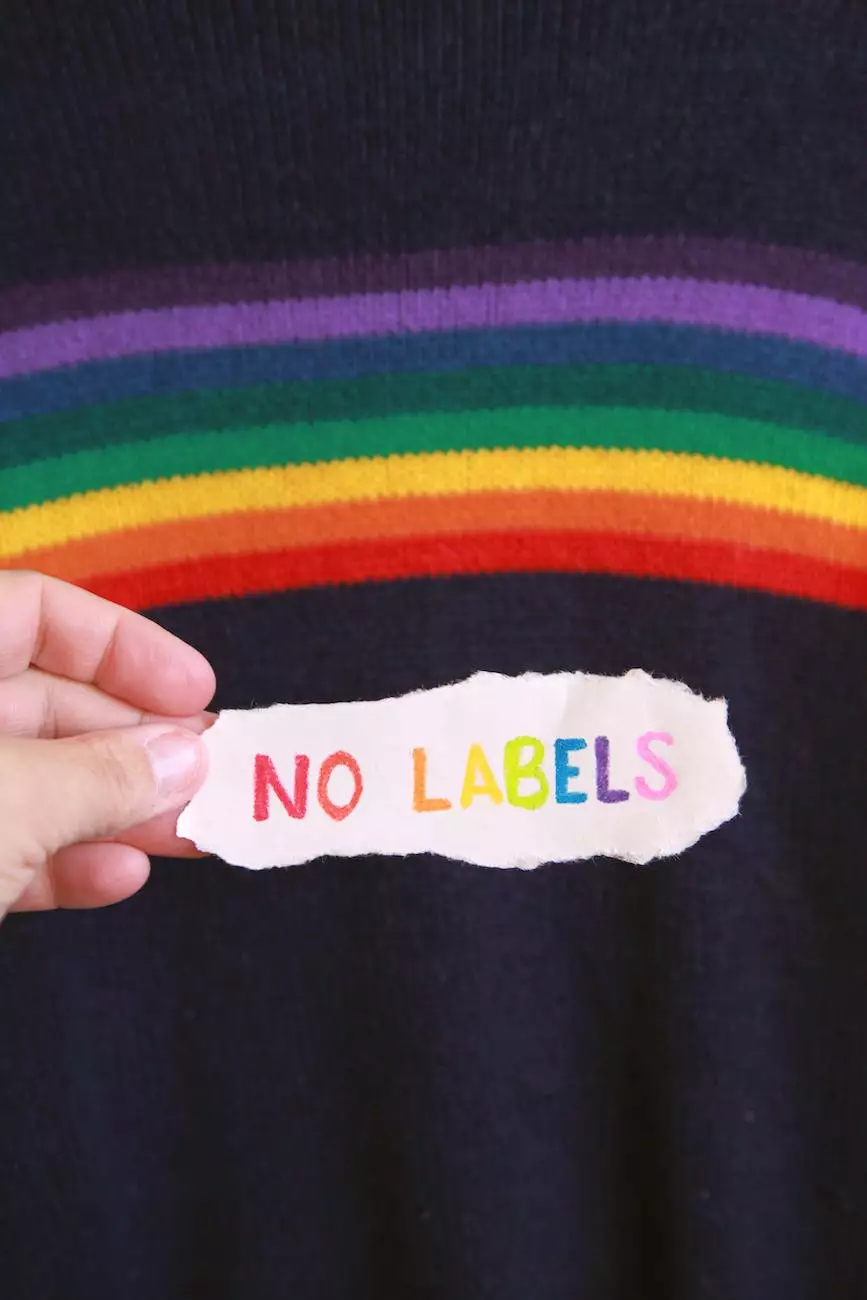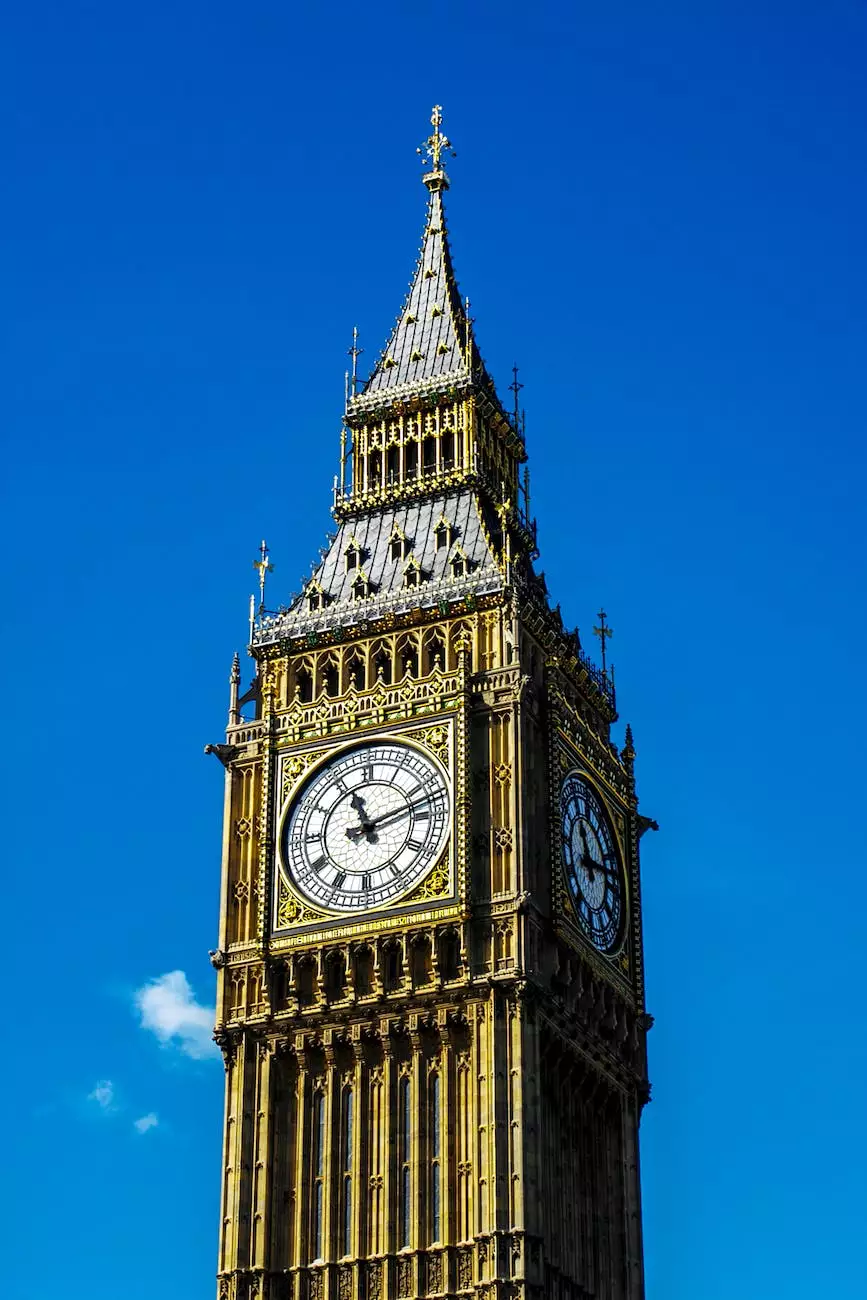Learn English Vocabulary – Excited vs. Exciting
English Vocabulary Lessons
Understanding the Difference
Enhancing your English vocabulary is crucial for effective communication. In this comprehensive English lesson provided by NJCLT, we will explore the difference between the words 'excited' and 'exciting'. Understanding when to use these words correctly will help you express yourself with clarity and precision.
The Meaning of 'Excited'
Let's start by focusing on the word 'excited.' 'Excited' is an adjective that describes a state of heightened anticipation, enthusiasm, or emotion. It is often used to express happiness, joy, or a feeling of being thrilled about something. You can say, for example, "I am excited about my upcoming vacation" or "He was excited to receive the award."
The Meaning of 'Exciting'
On the other hand, 'exciting' is the present participle form of the verb 'excite.' It is used to describe something that causes excitement or arouses interest. 'Exciting' indicates that an action or experience is full of energy, suspense, or novelty. For instance, you could say, "The movie was exciting and kept me on the edge of my seat" or "The roller coaster ride was exciting and exhilarating."
Usage Examples
Let's take a closer look at some usage examples to solidify our understanding:
Examples of 'Excited' in a Sentence:
- I am excited to start my new job next week.
- We were all excited to hear the announcement of a concert by our favorite band.
- She was excited to learn that she had won the competition.
- The children were excited to see all the presents under the Christmas tree.
Examples of 'Exciting' in a Sentence:
- The adventure sports activities in this resort are truly exciting.
- Her speech was so exciting that the entire audience was captivated.
- Exploring new places and cultures is always exciting.
- Learning a new language can be both challenging and exciting.
Using 'Excited' and 'Exciting' Together
It's important to note that 'excited' and 'exciting' are not interchangeable, even though they have similar roots. The main difference lies in the subject being described. 'Excited' refers to the person's emotions or state, whereas 'exciting' describes the action or experience causing the excitement.
For instance, you can say, "I am excited about the exciting roller coaster ride."
Conclusion
By now, you should have a clear understanding of the difference between 'excited' and 'exciting.' Remember to use 'excited' to express your emotional state and 'exciting' to describe what causes the excitement.
Enhance your English vocabulary further by practicing these words in various sentences and contexts. With consistent use and practice, you will become more confident in utilizing these expressions accurately, leading to better communication in both written and spoken English.
Thank you for choosing NJCLT as your trusted source for English language learning. Happy learning!










